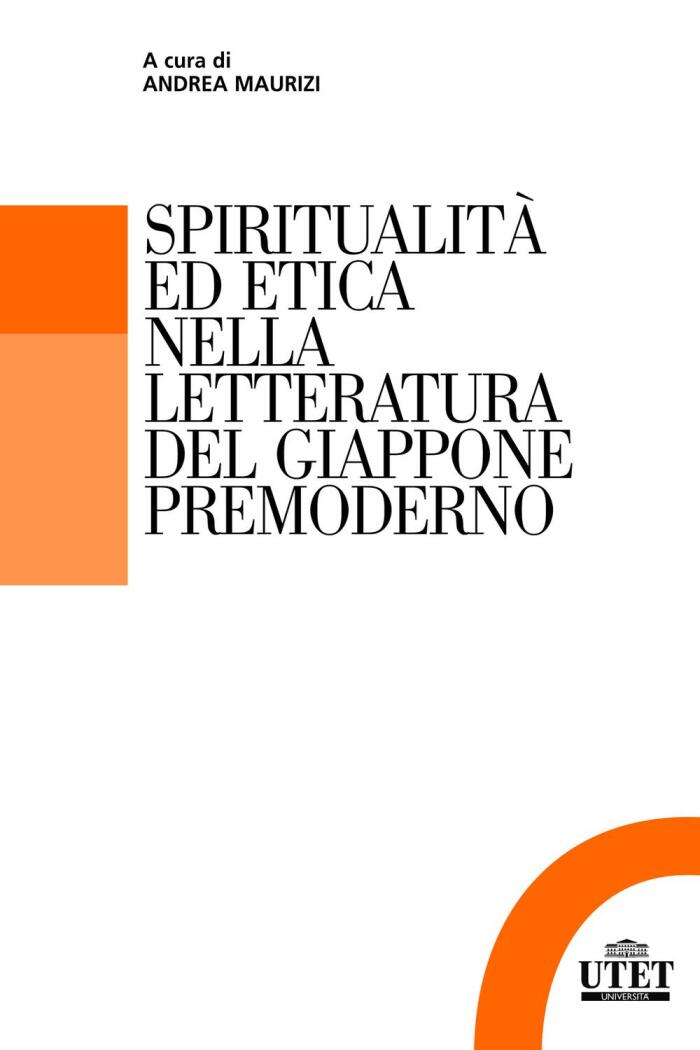
Spiritualità ed etica nella letteratura del Giappone premoderno
아직 평점이 없습니다
History
Manga
형식
페이퍼백
페이지
354
언어
이탈리아어
출판됨
Oct 20, 2012
출판사
UTET Università
판
2
ISBN-10
8860083885
ISBN-13
9788860083883
설명
In this book, Maurizi A. delves into the intricate relationship between spirituality and ethics in pre-modern Japanese literature, tracing its evolution from the eighth century onward. The author meticulously examines how these two concepts interweave within the narratives, exploring their influence on characters and societal values. Through a thorough analysis of various literary works, readers are invited to reflect on the philosophical underpinnings that shaped the moral fabric of historical Japan.
By highlighting significant texts and authors of the period, the author illustrates the ways in which spirituality informed ethical decision-making and cultural identity. Each chapter intricately dissects themes such as honor, duty, and the human connection to the divine, shedding light on the moral dilemmas faced by individuals in different social contexts. This exploration unravels not only the literary artistry but also the social commentary embedded within these texts.
Maurizi's insightful commentary invites readers to consider the broader implications of these literary traditions on contemporary understandings of ethics and spirituality. The book serves as both a scholarly resource and a bridge for those seeking to appreciate the depth of Japan's literary heritage, prompting an appreciation for the enduring relevance of these themes in today's world.
By highlighting significant texts and authors of the period, the author illustrates the ways in which spirituality informed ethical decision-making and cultural identity. Each chapter intricately dissects themes such as honor, duty, and the human connection to the divine, shedding light on the moral dilemmas faced by individuals in different social contexts. This exploration unravels not only the literary artistry but also the social commentary embedded within these texts.
Maurizi's insightful commentary invites readers to consider the broader implications of these literary traditions on contemporary understandings of ethics and spirituality. The book serves as both a scholarly resource and a bridge for those seeking to appreciate the depth of Japan's literary heritage, prompting an appreciation for the enduring relevance of these themes in today's world.
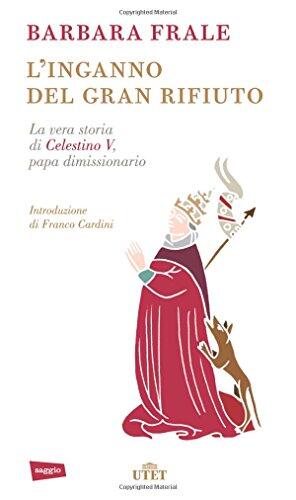
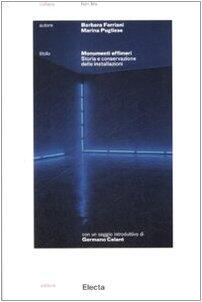
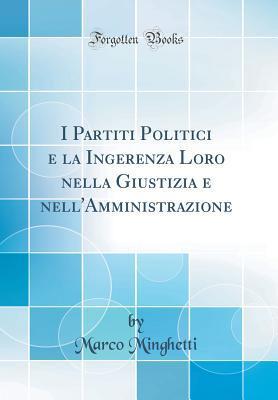



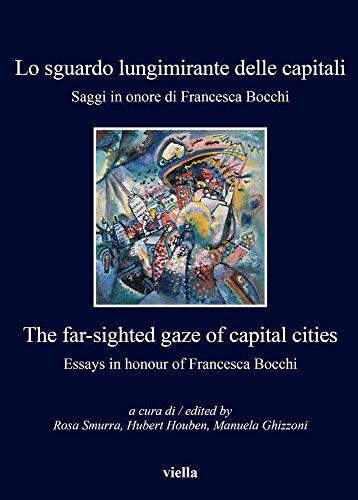
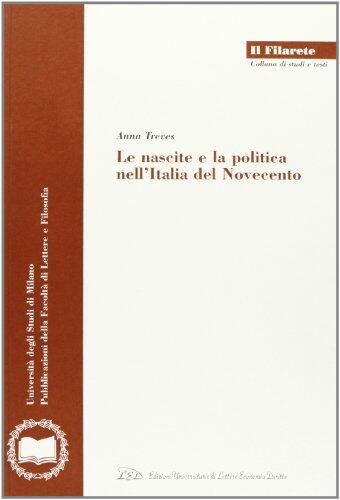
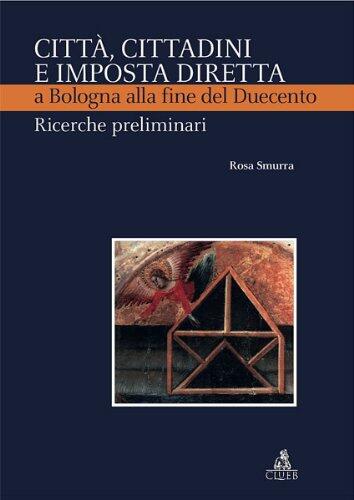
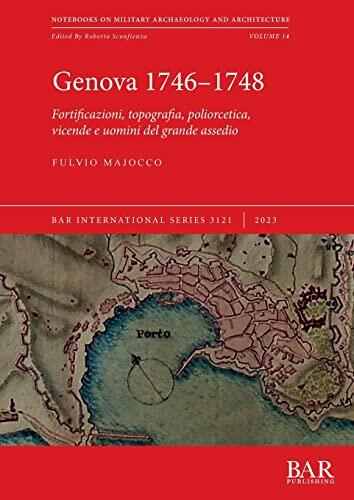
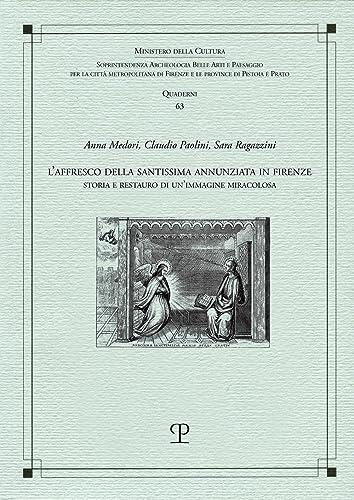
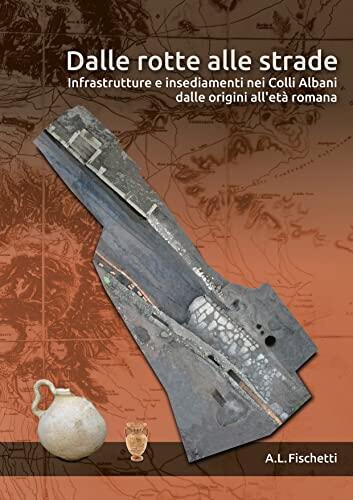


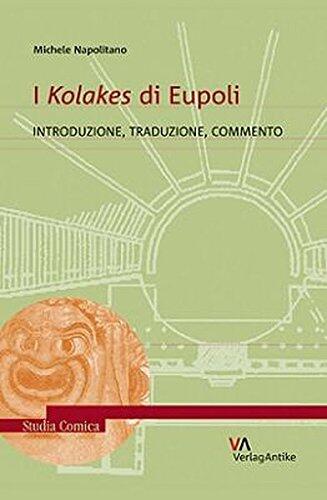

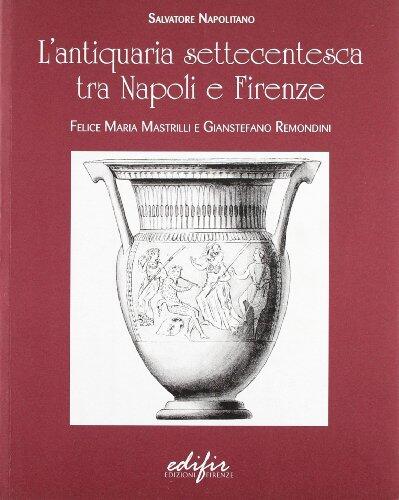
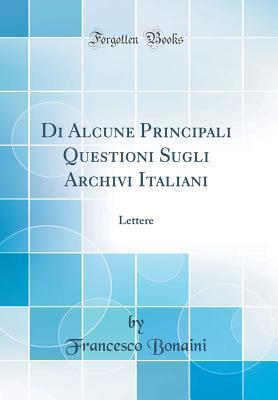

![“Collector’s Edition” Diomede Carafa; uomo di stato e scrittore del secolo 15 1899 [Premium Leather Bound]](https://www.bookpine.com/images/cover.png)